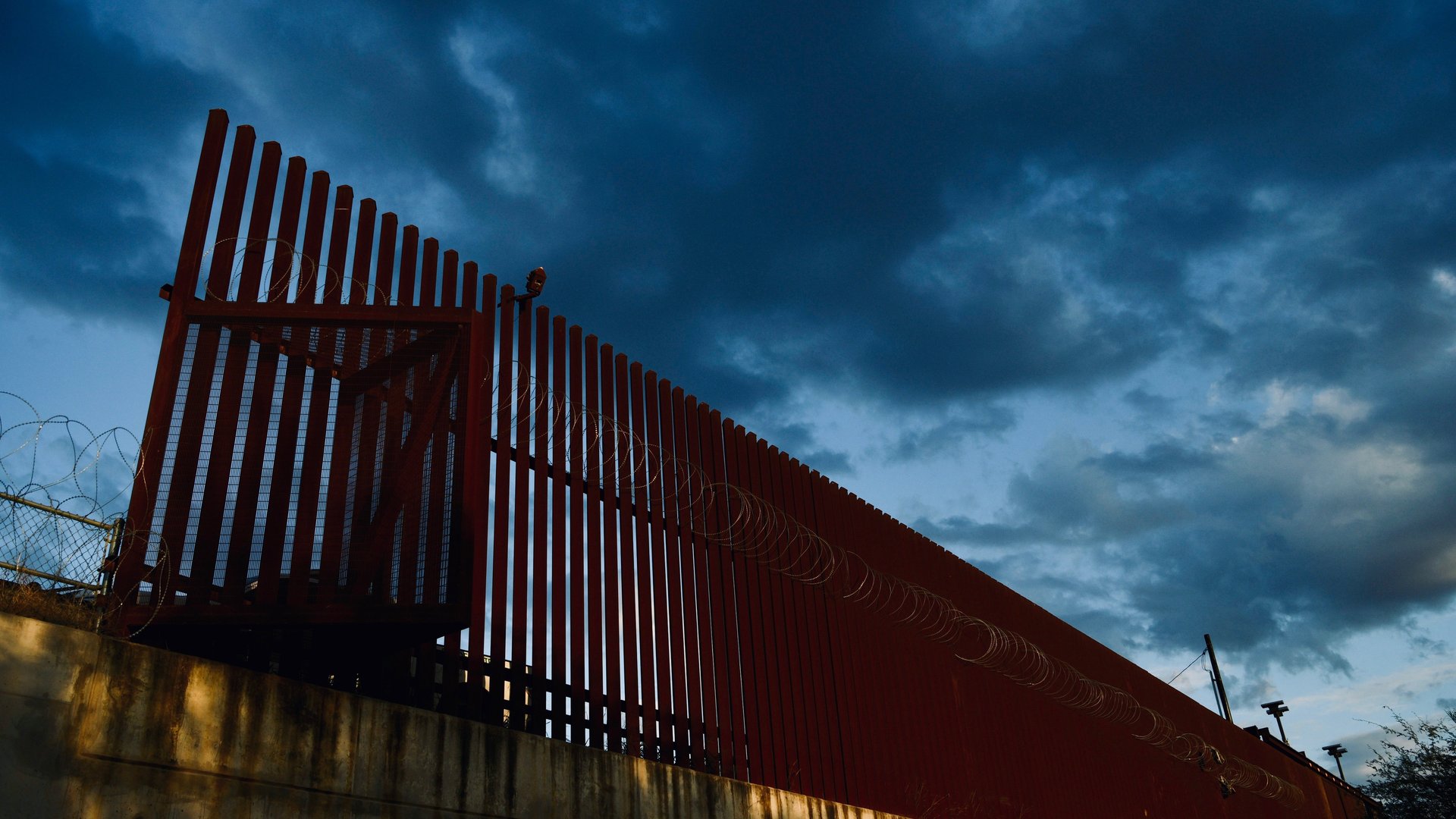A US border patrol agent killed a child in Mexico. Can the parents sue him?
Imagine if you were a parent in Mexico whose teenage son was killed while playing on his home turf by an American government agent shooting across the border. Naturally, you’d want justice.


Imagine if you were a parent in Mexico whose teenage son was killed while playing on his home turf by an American government agent shooting across the border. Naturally, you’d want justice.
But what you’d discover, as Sergio Hernandez’s parents have, is that you’d have to take your case all the way to the US Supreme Court, twice, just to find out if you can even sue your child’s killer.
Next month, the high court justices will again consider the Hernandez family’s case. They tried to sue the border patrol agent, Jesus Mesa, who shot their boy in 2010. But Mesa has claimed immunity as a government officer at work, arguing that Congress has passed no laws creating agent liability, and that foreigners killed on foreign soil simply cannot sue American officers for damages sustained abroad.
The matter made its way to the high court before and justices remanded it to the Fifth Circuit Court of Appeals, with orders to reconsider it in light of two prior Supreme Court cases. One matter found there doesn’t have to exist a specific statute, passed by Congress, that allows lawsuits against US agents for damages when constitutional rights have been violated, and a subsequent case limited that holding.
The Hernandez family argues that Mesa violated their son’s Fourth Amendment right to be free from unconstitutional governmental searches and seizures, his death being the ultimate seizure. But the Fifth Circuit interpreted the prior precedent to preclude the Mexican parents from suing, citing special factors like national security, law enforcement, and diplomatic relations as concerns.
The family again petitioned for review at the high court and got it. In their most recent brief, the Hernandez parents argued that the Fifth Circuit relied on these “talismanic” utterances but didn’t show any evidence that these were legitimate concerns about the special factors it listed. The parents aren’t challenging American immigration or law enforcement policies, and the case poses no threat to US-Mexican diplomatic relations. They say all they want to do is sue the agent who shot their son twice and killed him.
In the months after the justices hear November’s oral arguments, they’ll decide if the lower court was correct. But even if they disagree with their colleagues below and find the parents—and the Mexican government which has filed an amicus brief on the family’s behalf—are right and that Mesa can be sued, the litigation is far from over. If the parents do end up winning in the high court, they will still have to show Mesa violated their son’s constitutional rights.
Mesa contends that the teen was throwing rocks at him and that he didn’t use excessive force. But establishing that will be a matter for another court at a later date, maybe. The current fight merely decides whether the parents will even have the opportunity to seek relief for their loss.
Mexico argues that the high court must allow the parents to “redress the unjustified use of force” at the border. It reminds the justices in its brief that there’s more at stake than just American laws and a lone agent’s fate. “The decision below failed to take account of the binding international human rights obligations that the United States has undertaken by treaty to Mexico and its nationals. Those include, among others, the obligation to respect the fundamental right not to be arbitrarily deprived of life and the right to an effective remedy when fundamental rights have been violated,” the government states. “A nation’s obligations to respect human rights do not stop at its borders but apply anywhere that the nation exercises effective control.”